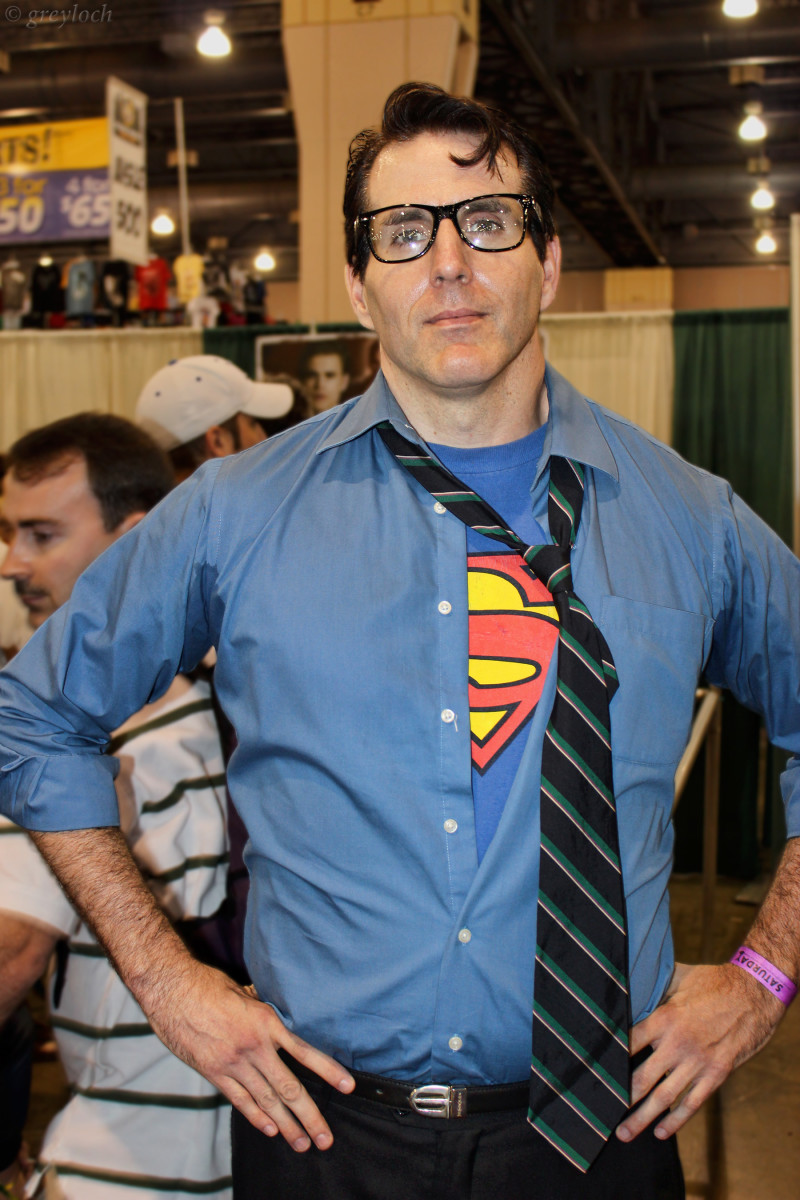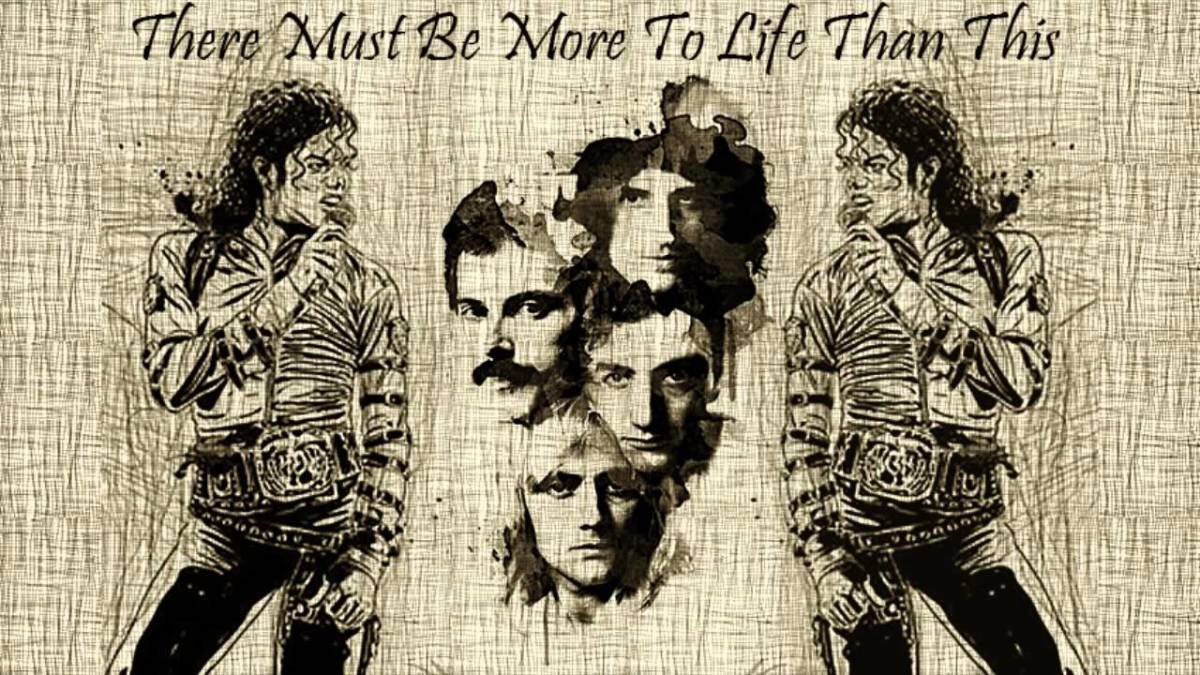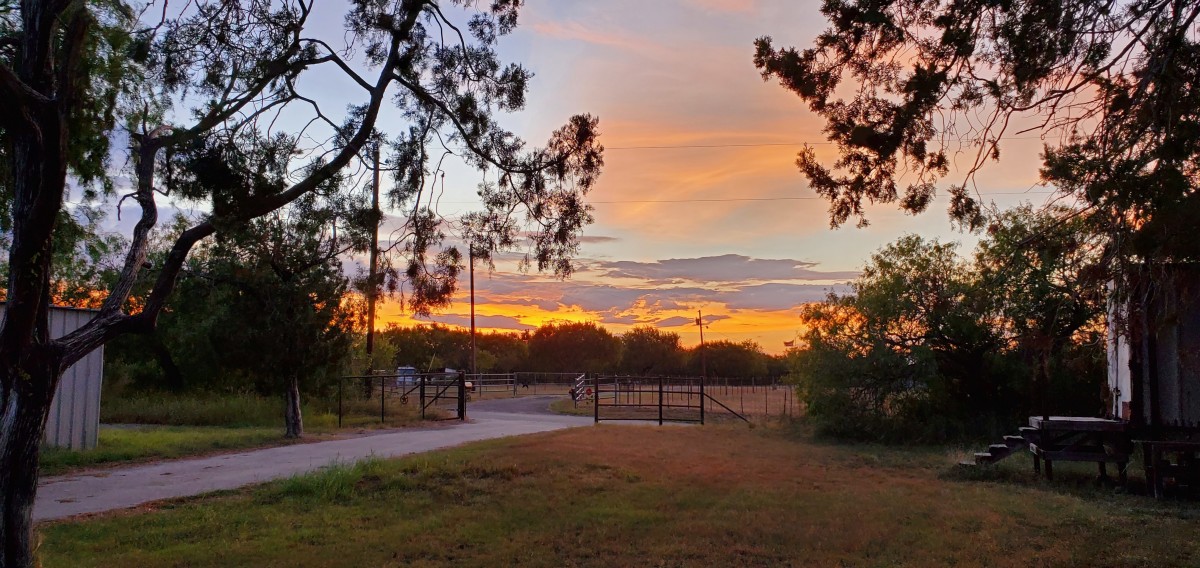How closure can help us move on in life.
Closure is a difficult term and emotion to reconcile. It is one thing to gain closure when both parties are willing to work on this. Quite another to find when for whatever reason one party or more is not interested or does not see the purpose of gaining closure. All of us have said or done things we regret later and this is a very difficult job to have resolved when one of the parties has either moved away (physically or emotionally) or has passed on.
The form of writing does not worry about penmanship or spelling, grammar is out the window, and words are from our heart. No matter how much it hurts or seems unfair to take the whole burden upon us, this is atonement. There are only two people that will see this letter our self, of course, and the one we offended. We must be absolutely honest, no matter the hurt and shame we feel. Should we do this correctly when completed, we can honestly take a deep breath, look in the mirror and say to our self (I have made this wrong right), and then feel this in our heart and soul.
This can frequently become an especially traumatic time when we have need for any way to make things right. Our heart and mind want to allow the other person knowledge that we really did not mean to cause pain. Yes sometimes we are hurt or broken hearted due to a thoughtless act, but realize later that this is causing significant impact to our health and no matter what it will never be right; even so we know we must move on passed it.
Some of these scenarios may stem form an action (whether actual or believed) to have caused another’s passing. People who cause another’s death whether by direct meaningful process or by accident frequently have a very heavy burden to carry for the rest of their life. Or in the process of helping someone we have cause irrevocable harm, such as when not at the present seeing the whole picture of a failing business or relationship. When this happens we have hurt another to resolve our immediate pain. We are all human and going through life, we hurt people without even knowing or acknowledging (to ourselves or others) that we have done so.
There comes a time in everyone’s life that we must atone for this life. How can we do this if we no longer have contact or the physical means to offer a heart felt acknowledgement? There are many ways and, of course, it depends on the individual, however without truly meaning our thoughts or atonement, they are meaningless. Without atonement we will still suffer from the burden we carry. This closure is for us, not the other person we have hurt; they cannot know the depths of our desire to make things right. No matter how much or often we try to explain, anyone can say ‘sorry’, but there needs to be more than words to accomplish the closure.
So, what are some ways we can achieve this closure for ourselves, because that is truly where it means the most? If we know the location of the injured party and it is accessible to us, we can take the time and work to write a letter of apology. This kind of writing will take much more than simply sitting down and jotting a quick letter of apology. This will need to be written and then rewritten as we consider not only the initial act, but also the repercussions our actions have caused. We must do some soul searching to know when we acted as we did. Then when we give them the letter, we must be ready to sit there as they read it or we read it to them; and it is possible they are still not ready to have closure. We must be prepared for this reality and be ready to sit through whatever they have to say. Then we must not give them any buts, whys or wherefores; rather we must listen and acknowledge their feelings and then leave. Reaching true closure for ourselves means we cannot de-valuable what they say or their feelings in anyway. This may be the hardest part of achieving our goal.
Should we not be able to physically reach out to the person, we can again achieve closure. First, we must realize the importance of reaching out to the person still within our earthly bounds; we must make every effort to make this closure in person. If we find that we cannot achievable physically reaching this person, perhaps the person is medically unable to understand or has passed. If this is the case, we can write another kind of letter. This one is written for only us to read. We can and must put all the harmful thoughts, acts and progressive deeds into this letter. Again this is not a quick sit-down and jot down all this; we must put all our actions and harm that was caused into this letter. It is not good enough to say ‘we are sorry’ without acknowledging all the harm our words and actions my have caused. We must be brutally honest. Remember, we don’t have to share this with anyone but the one we hurt. At this point when we need to develop the vessel to give our letter to the person we seek closure with.
We can do this alone or with a trusted friend, this is our choice. Once we have completed the final letter it is important to go somewhere there is complete solitude and quiet. Now we must aloud read our letter as though the person was sitting right across from us. This is frequently done in a Hospice, nursing home, and bedside of a dying friend or on a dark evening with only candlelight to signify the other person. Once this has been accomplished, if there is something more we need to add for closure (not anything of an accusatory nature; remember this is for our closure) we can then burn the letter or perhaps give it to a loved one of the friend we hurt. This is frequently used in divorce or in the case of great personal harm to another.
Closure will bring us such relief and a physical lightness as though a heavy burden has been lifted. We may find that our own health is better following this exercise. The most important part of this exercise is that we have given liberation to someone with great physical and emotion that we have caused. This liberation of another will allow us a healing, of sorts, to have our life be the best life possible. All of this is possible because we have forgiven ourselves.
Next week: I look forward to hearing what you would like to discuss.









